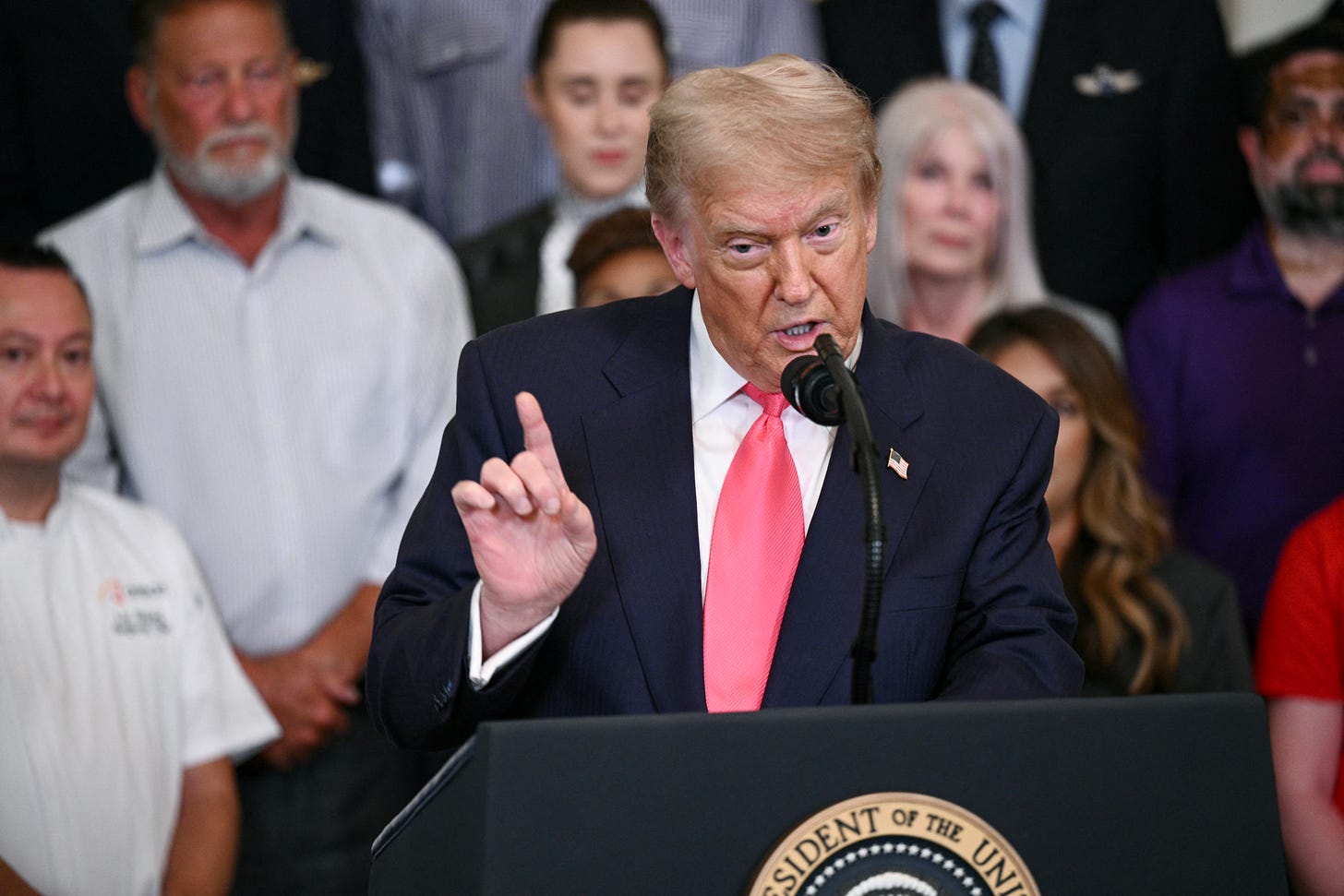One Big, Ugly Bill: The 7 Worst Things in Trump’s New Tax and Policy Package
It’s big, it’s bad, and it’s ‘beautiful’ only for the richest Americans, while screwing over the poor.

The Republican-controlled Senate, with a tie-breaking assist from Vice President JD Vance, has officially passed its version of Donald Trump’s so-called ‘Big Beautiful Bill,’ sending it back to the Republican-controlled House for a vote ahead of the president’s July 4th deadline.
And yet, most top Democrats are too busy going on TV to attack and smear their party’s New York mayoral candidate, Zohran Mamdani, to communicate the real threats this catastrophic bill poses to Americans across the country.
The lack of proper messaging from the Democrats – and the lack of proper coverage from the so-called liberal media – means most Americans have no clue how bad life is about to get for them. According to new data from Priorities USA, nearly half of Americans haven’t even heard of the ‘Big Beautiful Bill,’ and of those who have heard of it, only 8% knew that it included cuts to Medicaid.
Oh, and the real kicker?
Many of these GOP cuts to healthcare and social services aren’t slated to kick in until after the 2026 midterms, so a lot of ordinary Americans won’t know about them, and certainly won’t feel them, until it's far too late.
So here, from Zeteo, are just seven of the most egregious and outrageous things in this bill that you may not have seen… but definitely need to know about!
1. The biggest Medicaid cut in history
Remember when Trump vowed not to touch Medicaid? Well, his ‘Big Beautiful Bill’ not only touches Medicaid, but includes the biggest cut to the program since its inception in 1965.
For the first time ever, the bill would impose work requirements for Medicaid recipients. On top of that, recipients would have to verify their eligibility twice a year instead of annually, creating an administrative headache that could result in coverage gaps if not a total loss of coverage.
Medicaid provides coverage for more than 75 million Americans, and if the bill were to pass, nearly 17 million people would become uninsured over the next 10 years, according to the health policy nonprofit, KFF.


